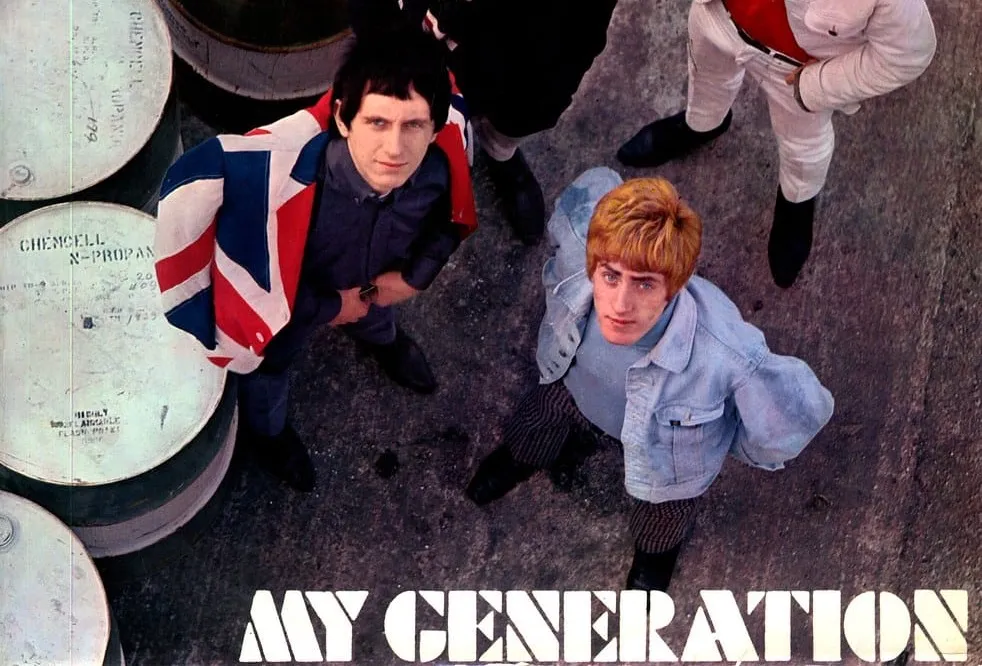Table of Contents
There is a model of ‘intergenerational theological decline’ that has been doing the rounds of late, and perhaps you may have heard it: the first generation wins or establishes the gospel in their context, the next generation assumes the gospel, and the third generation loses the gospel.
As an historian, I have no major problem with the model (typology) per se, although I think it tends to get used unhelpfully. When it is used descriptively it has a degree of aptness for some Christian institutions in history—particularly (but not exclusively) those of a non- or inter-denominational nature (i.e., those predicated on leaving aside certain theological distinctives in order to maintain partnership in another activity, such as a Christian aid organization rather than a teaching ministry). As such, the model can serve as a good warning against complacency.
Nevertheless, I have several objections to what the model hides from view, and unless we come to grips with these other ‘unassuming’ generational realities, then we really do run the risk of perpetuating the model.
Particularly, the model is entirely too neat and static in its presentation of a ‘generation’. It fails to account for: what a generation may do over time (i.e., the first generation may itself become ‘complacent’); what one generation may inheritfrom another generation; and especially what a generation will do to another generation to come.
In thinking about generations and responsibility in the Bible, certain intergenerational realities emerge:
- Each generation is responsible for their own sins. God will punish my parents’ generation for their sins and me for mine.
- While I am responsible for my sin, not my forebears, the consequences of my forebears’ sins are mine to deal with, and the actions of one generation can last for generations—for good and for ill (the sexual revolution is perhaps the most tangible evidence of this in recent times).
- Looking the other way, while my children are responsible for their own sins, I share in that responsibility if I lead them into sin—in fact, it’d be better for me to have a millstone tied around my neck before I do that.
Already I hope you can see how the model falls down by not taking into account of the fact that while the third generation may indeed ‘lose it’, the seeds for such corruption may well have been planted by the former generations.
The model also fails to account for historical distinctives in why a decline in the gospel occurred in any one particular generation; it doesn’t encourage self-reflection and the wisdom that is to be gained from learning specific historical circumstances.
To give an acutely relevant example, we keep hearing that ‘generation X’ is the unassuming generation (i.e., in gospel terms, we’ll be the generation that assumes the gospel because of our unassuming nature). But why is this? Isn’t it because the baby boomers have so dominated western activity post-WWII that they didn’t know how to let go, how to move aside from ‘power’ and mentor the next generation instead (Peter Bolt has made some helpful reflections on this in the Australian Church Record)? The model of ‘generational decline’ doesn’t allow for this specific intergenerational perception, and of one generation’s responsibility in what another generation is now responsible to deal with. But hear me clearly: the point is not to apportion blame, but instead the point is to know my situation better and learn the lesson (because I’ll inflict things on the next generation too). As I learn the specifics of the historical lesson, I then learn wisdom for my ministry: ministry now, ministry in the future, and ministry now for the sake of the future (e.g. perhaps not to dominate the pulpit every week, but give the next generation of preachers a safe context to grow as preachers as I mentor them).
Let me give another contemporary example. In the contexts where I tend to hear this model being used, it is generally used by my generational forebears who see themselves as having won the gospel in their context and me as the generation that is going to assume it. Now please don’t mistake me: the struggles that my forebears engaged in to bequeath me with what I have were momentous, mostly hidden (i.e. we don’t know about them because they don’t parade it), and of vital benefit for my generation. And I praise God for it. Nevertheless, two things strike me as outrageous about this use of the model.
First, so many times in the last decade when I have tried not assume my theology, but let it drive my practice, I get a smile from my generational forebears and we move on without interaction. For instance, I see reams of business model and psychological literature imported into church practice without any thought about its long-term impact on ecclesiology and theological robustness in church. That is, the people that tell me I’m in the assuming generation are doing the assuming for me! This is evident in what the former generation has bequeathed to me in ecclesiology in my own context: not much Bible in church, not much prayer in church, rarely a confession, certainly no Lord’s Prayer or creeds, and a Zwinglian view of the sacraments (if any view at all). I live now in a church world devoid of theological depth and devoid of theological safeguards (but big on ‘community’, whatever that is). I find it difficult in that light to be then told that I am going to assume the gospel in my context. The model, used in this fashion, blinds both generations about what is really going on. I’m now responsible for what I’ve inherited, of course, and not for a minute do I wish to promote a victim mentality, but my point is that the model of decline doesn’t teach me to perceive intergenerational consequences. And so I run the danger of perpetuating them myself on my children.
Second, and contrastingly, I see in conversation many in my generation who are thoughtful thinkers, who want to respect the good things our forebears did—and let’s praise God for it, blessing as well as cursing flows across generations, and what blessings have we received from previous generations!—who nevertheless see the seeds of destruction in what we have inherited too, and want to regain what was lost by the generation that ‘won’ it. People who in their own local contexts fight the good fight day by day, only to be told at conferences that actually they assume it, rather than be mentored (i.e. personally, pastorally, individually) by their elders. Used in this way, it hides the responsibility of one generation to own their mistakes and help the next generation to address them. I find it useful for someone to show me the model, but I find it less than useful for a generational forebear to think they’ve done their job by telling me only this. We need wisdom – and that comes personally, privately, pastorally, and over a period of time.
In other words, the generation before me won some things, assumed others, and lost others. My generation, in the context of that milieu, will also win, assume and lose other things. And I need to learn the historical specifics so as not to perpetuate mistakes myself, and to adopt a long-term view of the week-by-week ministry I conduct. For example, if each week I choose not to say the creeds, when will I ever? After a decade, will my children ever have heard a creed? Can I be content with conducting a week-by-week ministry that cuts my children off from 2000 years of Christian orthodoxy (never mind the week-by-week benefits of saying the creeds)?
Rather than being fatalistic or reductionistic with the model of decline, perhaps our time would be better spent in prayerful reflection asking these questions instead:
- In what ways am I in danger of assuming or losing the gospel in my context?
- What have I inherited from my forebears that will reap fruit if I cultivate it, or reap destruction unless I repent of it?
- What do my actions over the course of years mean will be sown for the generation to come, and how can I change what I do now in order to prevent it?
It’s with these questions that we’ll become the unassuming generation: that is, the generation that strives to question every practice in light of the preservation of gospel across the years.
This article was originally published in The Briefing.









